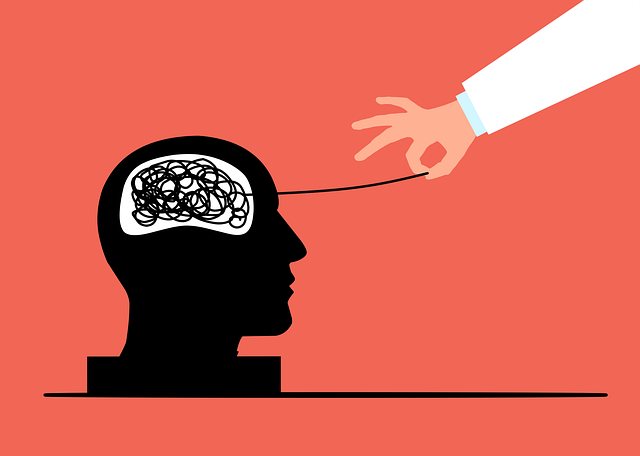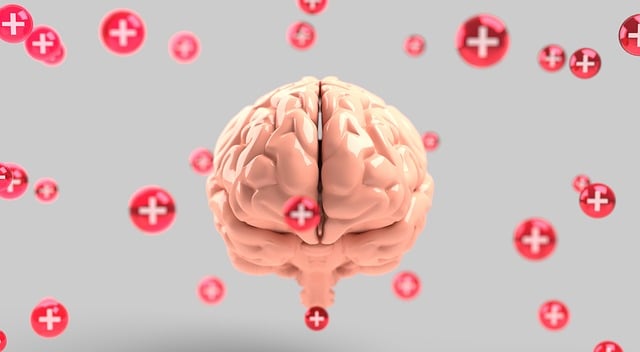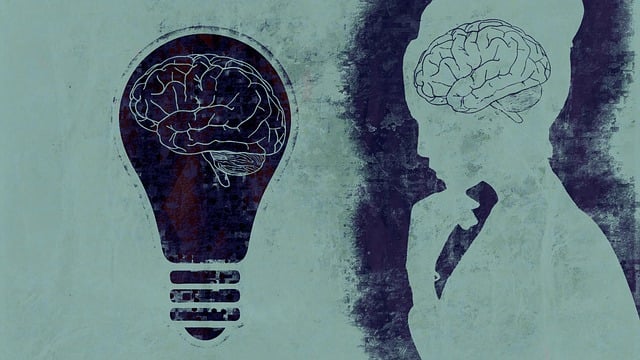The ASL community faces unique mental health challenges due to cultural barriers, language differences, and a lack of specialized resources. Specialized crisis hotlines offer 24/7 therapy in ASL, providing immediate support, social skills training, stress reduction techniques, and self-awareness exercises. These services bridge the care gap, empowering users with tools for mood management, emotional processing, and building resilience, ultimately improving mental well-being for American Sign Language users.
In today’s fast-paced world, mental health crises can strike anyone, including the vibrant ASL community. Understanding the unique needs of deaf and hard-of-hearing individuals, this article delves into the critical role of mental health crisis hotline support services. We explore how these resources provide much-needed therapy and assistance tailored to ASL users, with a focus on accessibility and availability. By highlighting these essential services, we aim to ensure that everyone, regardless of their communication method, has access to the help they need.
- Understanding the Need for Crisis Hotline Services in ASL Community
- How Hotline Support Can Provide Critical Therapy and Assistance
- Exploring Access and Availability of Resources for Mental Health Crises in American Sign Language Users
Understanding the Need for Crisis Hotline Services in ASL Community

In the American Sign Language (ASL) community, access to mental health services and crisis hotline support is of paramount importance. Many individuals within this community face unique challenges that often go unnoticed or misunderstood by mainstream society. Cultural barriers, isolation due to language differences, and a lack of ASL-focused therapeutic resources can significantly impact an individual’s ability to seek help for their mental well-being. Crisis hotlines specifically cater to these unmet needs by providing immediate, accessible support tailored to the specific requirements of deaf and hard-of-hearing individuals.
These hotlines offer not just a listening ear but also specialized services such as social skills training, stress reduction methods, and self-awareness exercises conducted in ASL. By offering therapy for American Sign Language users, these crisis support services bridge the gap in care, ensuring that members of the ASL community can access much-needed mental health resources. This inclusive approach is vital to fostering a supportive environment where individuals can openly discuss their struggles and receive the appropriate guidance to navigate through crises.
How Hotline Support Can Provide Critical Therapy and Assistance

Hotline support services play a vital role in providing immediate therapy and assistance to individuals facing mental health crises. These 24/7 resources are accessible, offering confidential spaces for people to express their struggles and receive professional guidance. Through effective communication strategies tailored to diverse needs, including those who rely on American Sign Language (ASL), hotlines bridge the gap between users and mental health professionals.
Beyond crisis intervention, hotline support fosters resilience building and self-care routine development. Trained operators utilize active listening skills to help individuals process their emotions and gain new perspectives. By offering practical tools and resources, these services empower users to navigate challenging situations and promote better mental well-being.
Exploring Access and Availability of Resources for Mental Health Crises in American Sign Language Users

For individuals within the Deaf community who utilize American Sign Language (ASL), accessing mental health crisis support can present unique challenges. The availability of resources tailored to their specific linguistic and cultural needs is essential for effective care. Therapy for American Sign Language users should be readily accessible, ensuring that these individuals can receive the same level of quality care as their hearing counterparts.
Many traditional helplines may not cater to ASL users, leaving a gap in support. Specialized crisis hotlines that offer therapy in ASL provide a vital service, enabling effective communication and ensuring cultural sensitivity. These services can help with mood management, offer guidance on mental wellness journaling exercises, and teach stress reduction methods, all delivered through the medium of ASL. Such initiatives contribute to breaking down barriers and fostering inclusive mental health support.
Mental health crisis hotline support services are invaluable resources for the ASL community, offering immediate therapy and assistance during times of need. By improving access to these services, we can ensure that ASL users receive the critical care they deserve, fostering better mental well-being within the community. Implementing and promoting these hotline resources is a vital step towards addressing the unique challenges faced by deaf individuals in accessing traditional mental health care.












